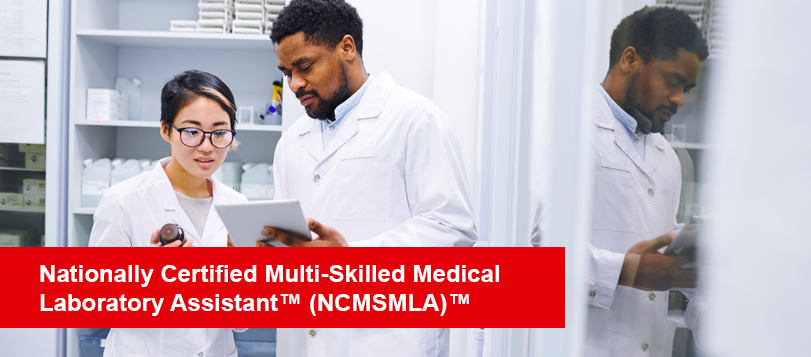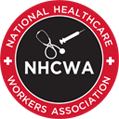
Certified Medical Lab Assistants, also known as Clinical Laboratory Technicians, examine and analyze bodily fluids and cells. Their work is supervised by medical and clinical lab technologists or lab managers, who generally perform more complex lab tests. Some of the tasks that medical lab assistants do include:
- Collecting blood or tissue samples from patients
- Testing samples for blood type and blood counts
- Performing other basic tests on blood and urine samples
- Setting up, calibrating and maintaining lab equipment
- Analyzing and recording data
Where Does a Medical Laboratory Assistant Work?
Medical Laboratory Assistants can work in a variety of laboratory settings, including hospitals, physician offices, blood banks and independent reference labs. They prepare experiments, process specimens for testing, and maintain lab equipment. Medical Lab Assistants need to be organized and focused and able to communicate effectively with other people.
In order to reduce the impact of liability, most laboratories prefer applicants who are certified by a recognized professional association. Community colleges and vocational usually offer certification through two-year associate’s degree programs in biotechnology, medical technology or biological science.
The Importance of Certification
NHCWA Certification allows healthcare workers and employers to validate their knowledge and abilities and the mastery of industry-specific skills. Achieving certification helps healthcare organizations demonstrate that their business is run effectively by qualified staff. Meanwhile, recertification reflects a commitment to ongoing learning and improvements. Additionally, organizations that are NHCWA certified can successfully demonstrate to patients, employees and other companies that they use industry-respected best practices.
NHCWA Certification Benefits Patients and Families: NHCWA Certification provides validation that a medical organization and its employees have demonstrated the necessary knowledge and skills to meet the complex requirements of the healthcare industry. This ensures high quality care delivery, which can give patients and families peace of mind.
NHCWA Certification Benefits Healthcare Professionals: In order to become certified, healthcare professionals must validate their industry-specific knowledge and skills. Passing the certification process allows them to position themselves for appropriate recognition, and it can give them a critical sense of confidence and achievement.
NHCWA Certification Benefits Employers: Certification is a vehicle for hospitals to distinguish themselves from competitors. It demonstrates to consumers that the organization attracts only the most skilled and experienced healthcare workers. Achieving NHCWA certification (and meeting the continuing education requirements necessary to maintain it) also contributes to an environment of professionalism and a culture of employee retention. This is especially critical given the severe shortage of qualified healthcare workers.
NHCWA Medical Laboratory Assistant Certification Requirements:
One of these requirements must be met:
- Graduation from an allied health vocational training program
- One year of work experience in the field
- Military experience/training in the field
- Reciprocity from another certifying agency
